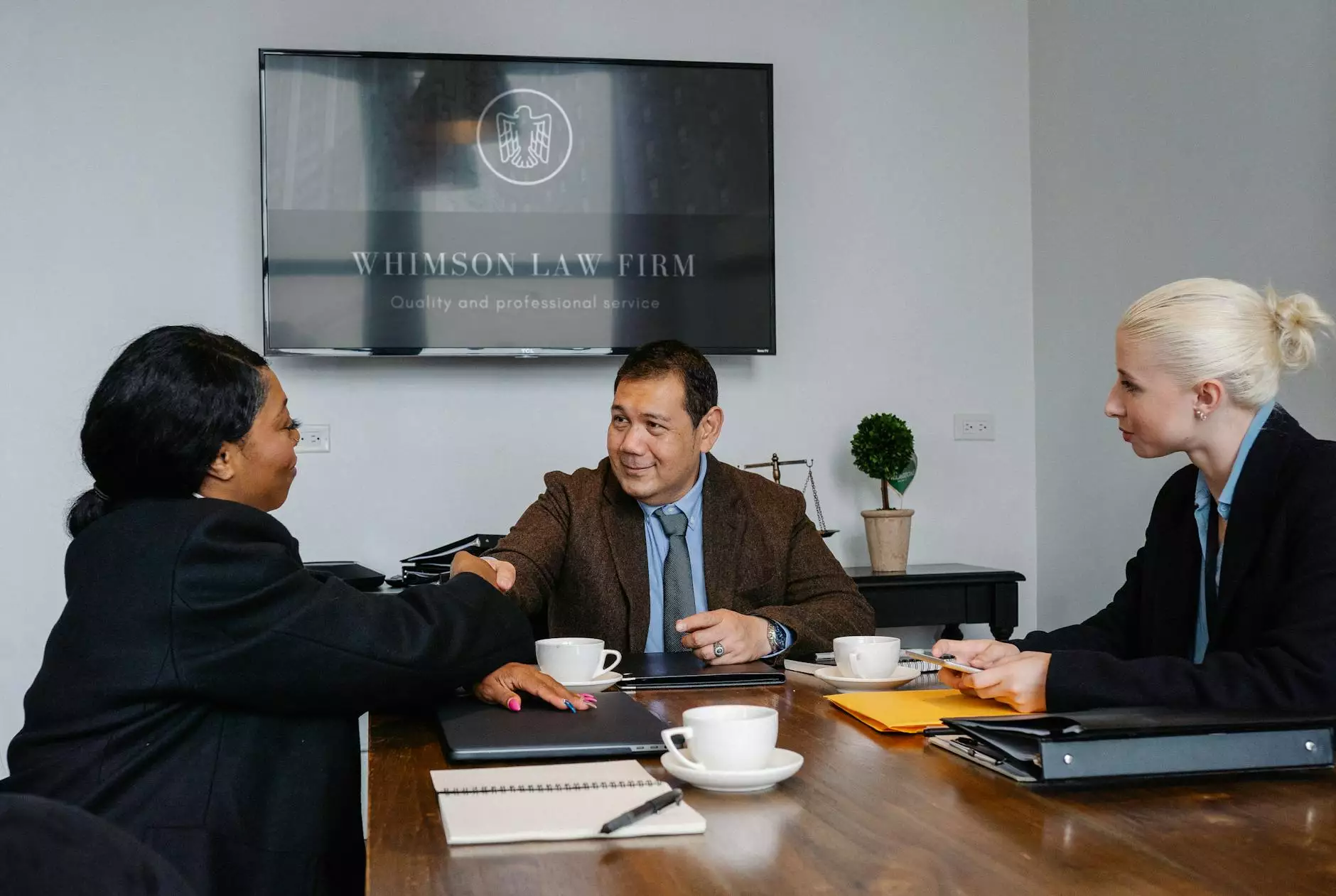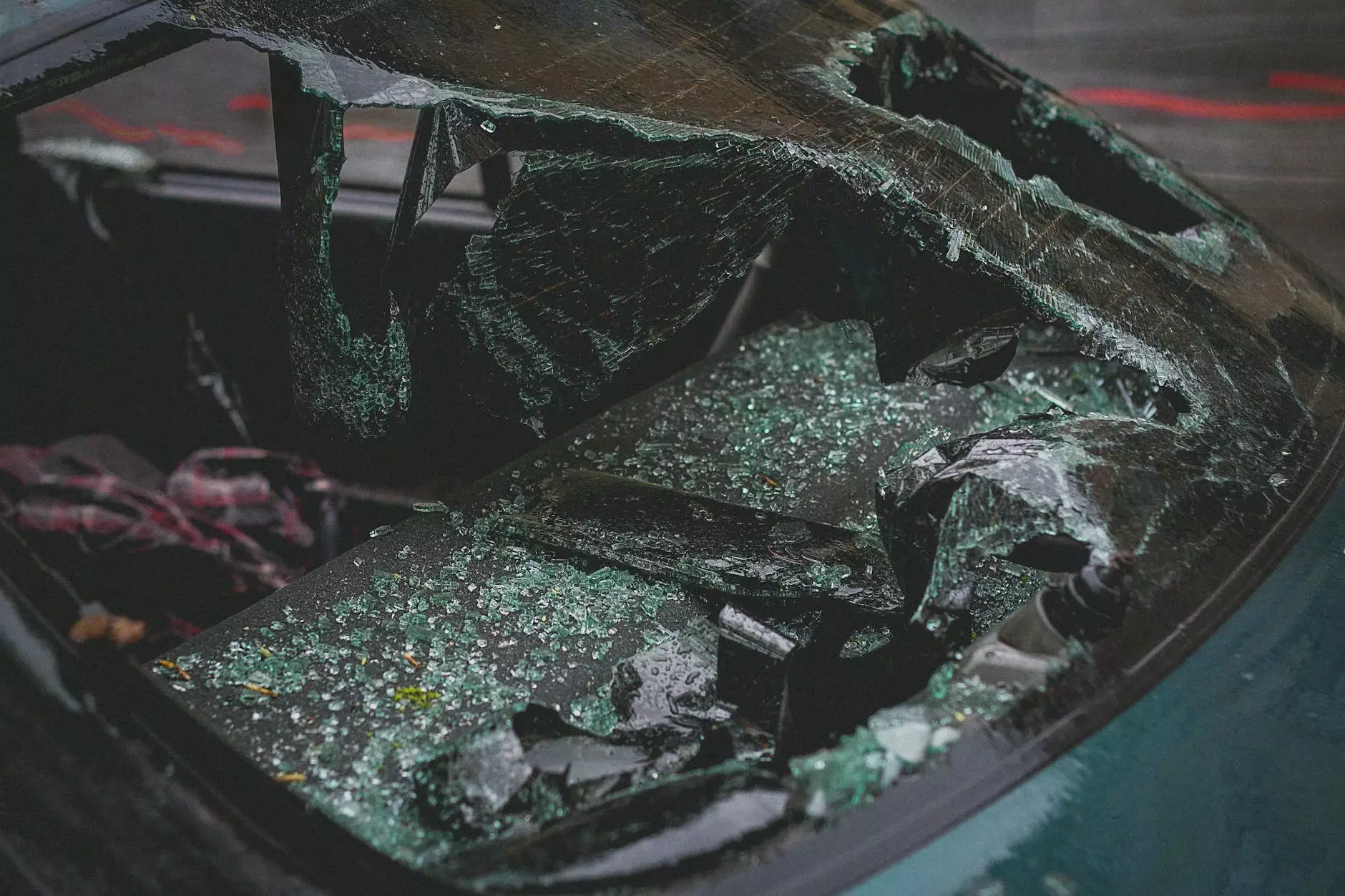Debt Collection FAQs
Virginia Lawyer
Introduction
Welcome to Richardson Law Firm PC's comprehensive Debt Collection FAQs page. If you are dealing with debt collection issues and have questions, you've come to the right place. As a leading firm specializing in debt collection law, we are here to provide you with the necessary information, guidance, and support to navigate your way through these challenging circumstances.
1. What is debt collection?
Debt collection refers to the process of pursuing unpaid debts or outstanding balances from individuals or businesses. When a debt becomes severely delinquent, the original creditor may hire a third-party debt collection agency or even sell the debt to a debt buyer who specializes in collecting on overdue accounts.
2. How does the debt collection process work?
The debt collection process typically begins with the original creditor sending an initial invoice or statement to the debtor. If the debt remains unpaid, the creditor may then escalate the collection efforts by sending multiple notices and reminders. Eventually, the creditor may decide to involve a collection agency or initiate legal action to recover the debt. Each step of the process must adhere to the guidelines set forth by the Fair Debt Collection Practices Act (FDCPA).
3. Can debt collectors contact me at any time?
No, debt collectors are restricted by certain rules and regulations regarding when they can contact debtors. According to the FDCPA, debt collectors are generally prohibited from contacting debtors before 8 a.m. or after 9 p.m., unless the debtor has given explicit permission for communication during those hours. Additionally, debt collectors should not contact debtors at their workplace if the debtor has informed them that it is not allowed.
4. What are my rights as a debtor?
As a debtor, you have certain rights protected under the FDCPA. Some of these rights include the right to request verification of the debt, the right to dispute the debt, and the right to be treated fairly and respectfully throughout the debt collection process. It's important to familiarize yourself with these rights to ensure you are not subjected to any unfair or illegal collection practices.
5. What should I do if I believe a debt collector is breaking the law?
If you believe a debt collector is engaging in illegal or unethical practices, you should take immediate action. Start by documenting all communication with the debt collector, including dates, times, and the nature of the conversations. Next, file a complaint with the Federal Trade Commission (FTC) and your state's Attorney General's office. Finally, reach out to a reputable debt collection attorney who can evaluate your case and guide you on the appropriate legal steps to take.
6. Can I negotiate a settlement with the debt collector?
Yes, in many cases, it is possible to negotiate a settlement with the debt collector. Debt collectors are often willing to accept a reduced lump sum payment or establish a structured repayment plan that is more manageable for debtors. However, it's important to approach negotiations carefully and ensure that all agreements are put in writing.
7. Should I hire a debt collection attorney?
Hiring a debt collection attorney can be incredibly beneficial, especially if you are facing complex debt collection issues or suspect any violations of the FDCPA. An experienced attorney can provide legal advice, negotiate on your behalf, and, if necessary, represent you in court. They will work towards protecting your rights and achieving the best possible outcome in your debt collection case.
Conclusion
Dealing with debt collection can be overwhelming and stressful, but with the right information and support, you can navigate this challenging situation successfully. At Richardson Law Firm PC, our team of dedicated debt collection attorneys is here to assist you every step of the way. If you have any more questions or need personalized legal advice, don't hesitate to reach out to us.









